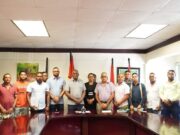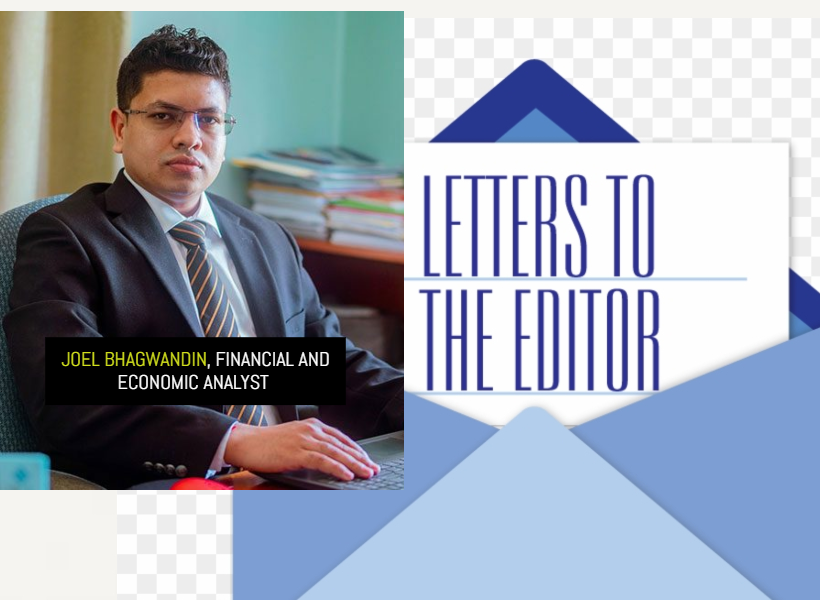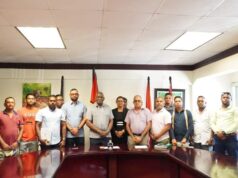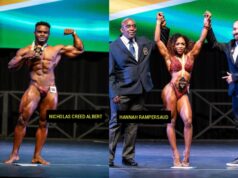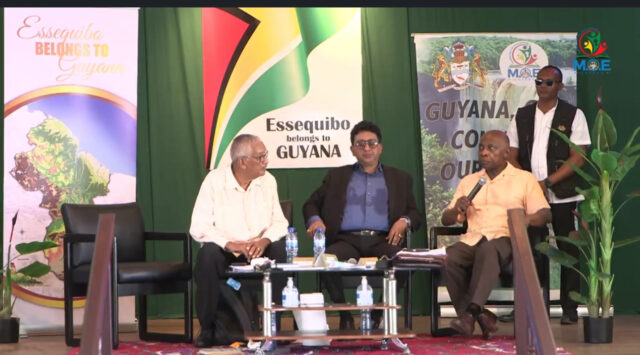
It is highly unlikely that Venezuela would not face sanctions if it violates any order from the International Court of Justice (ICJ) discouraging annexation of Guyana’s Essequibo region on the grounds of a referendum to be held on December 3, 2023. This position was outlined by Attorney General and Minister of Legal Affairs, Anil Nandlall on Friday during his participation in a panel discussion and awareness session at the Bishops’ High School. That event was among several planned this week by the Ministry of Education and moderated by its Minister, Priya Manickchand.
During the question and answer segment, one student asked Nandlall and other panelists to say what would happen after Venezuela’s referendum as there is a degree of fear given that nation’s track record of defiance.
Nandlall said it may be impossible to try to get Venezuela to not proceed with the referendum in its current form. He nonetheless comforted hundreds of students with the assurance that the Guyana Government has approached the International Court of Justice (ICJ) for protective measures against the egregious aspects of the referendum. Nandlall also alluded to government’s confidence that protective measures by the court would be granted to shield the Essequibo region.
However, if Venezuelan authorities still decide to disobey any order of the court that is in Guyana’s favour, Nandlall said it would be striking at the heart of international norm and legal order. He also pointed out that Venezuela’s disrespect would be repudiated in the context of violating the judicial enforcement agency of the largest global agency—the United Nations (UN).
Another significant point Nandlall alluded to was the power of the ICJ to enforce its orders.
“There is no court that would not have the ability to enforce its own order. If you go to our High Court and you violate a court order, the judge has the power to jail you. Now translate that to the International Court of Justice, the very summit of the hierarchal structure of the legal order of the world; it is unimaginable that the violation of an order of that court will go without sanctions,” the Attorney General said.
Lending support to Nandlall’s position was Guyana’s Agent to the International Court of Justice, Carl Greenidge. He said authorities at this point cannot say definitively what would be Venezuela’s reaction after holding the referendum. Be that as it may, he said Guyana will confirm to international law. “It is likely they will continue with the referendum, but the key thing to remember is not that, but rather, at the level of the UN and the court, they are not empowered to act on what comes out of it. They cannot change Guyana’s status and they cannot do anything about your occupancy of this territory,” Greenidge said.
In his contribution, Honorary Senior Fellow on International Relations at the University of the West Indies (UWI), Dr. Mark Kirton told students that the power of diplomacy has and will continue to be Guyana’s first line of defence. He praised the government for its successful efforts in rallying support from regional and international partners, thereby leaving Venezuela in an isolated position on its spurious claim over the Essequibo region.
In the lead up to the December 3 referendum, Dr. Kirton recommended that government continues on this trajectory, adding that an urgent meeting of CARICOM heads and renewed statements would aid the nation’s cause.
